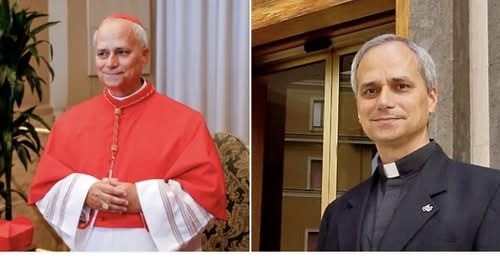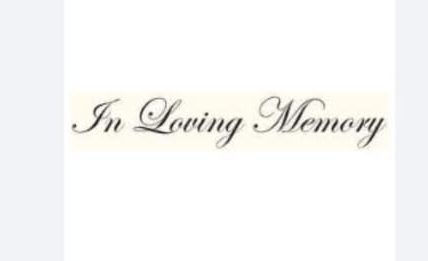After days of silence, broken only by solemn prayers and hushed speculation, a moment has arrived that will echo through the centuries: history has been made. For the first time ever, a man from Chicago has been named pope. Cardinal Robert Francis Prevost, 69, now Pope Leo XIV, steps into the white cassock not only as the leader of the world’s 1.3 billion Catholics, but also as a symbol of a Church steadily shifting, opening its arms wider than ever before.
The world had been watching in quiet anticipation since the death of Pope Francis on April 21. The beloved pontiff, known for his humility, compassion, and tireless advocacy for the poor, left behind not only a legacy of reform and bridge-building but also a deep ache in the hearts of millions. His passing marked the end of an era—one that brought the Church closer to the margins, closer to the people, and more closely aligned with the values of social justice, environmental stewardship, and mercy.
In the days following Pope Francis’s funeral, the Sistine Chapel’s doors closed behind the College of Cardinals. The air outside thickened with expectation. Inside, sacred tradition unfolded as 120 cardinals, from every corner of the globe, cast their votes. Black smoke billowed from the chimney day after day—a signal that no consensus had yet been reached. Rome, and the wider Catholic world, waited.
Then, today, under a sky that seemed to hold its breath, white smoke rose.
The bells of St. Peter’s Basilica rang out, and the crowd erupted into cheers. Over 10,000 people had gathered in St. Peter’s Square—pilgrims, tourists, clergy, and faithful from every walk of life—drawn together by a moment that would alter the course of the Church’s future. Cameras flashed. Tears were shed. Prayers were whispered.
When the Cardinal Protodeacon stepped onto the balcony and uttered the time-honored words “Habemus Papam,” the world stilled. The name that followed—Robert Francis Prevost—seemed to catch many by surprise. A man from Chicago. An Augustinian priest. An American. And now, Pope Leo XIV.
The choice is historic. Never before has an American ascended to the papacy. Pope Leo XIV’s appointment signals not just a geographic shift, but a broader recognition of the growing influence and diversity of the global Church. His roots in the United States, his missionary experience in Peru, and his role in guiding bishops around the world reflect a leader deeply connected to both tradition and the evolving realities of modern Catholicism.
Yet as the world welcomes this new chapter, it does so with hearts still mourning. The memory of Pope Francis is fresh—his gentle wave from the same balcony in 2013, his deep concern for the poor, his reforms in governance, and his calls for peace. Our thoughts remain with those grieving his loss. He changed the papacy, making it more approachable, more vulnerable, and more human.
As Pope Leo XIV greeted the crowds for the first time, his voice steady and warm, he asked for prayers—for himself, for the Church, and for a world in need of healing. He paid tribute to his predecessor and acknowledged the heavy burden now resting on his shoulders.
A new papal era begins not in the shadow of the past, but with the light it left behind. And as the bells of St. Peter’s ring on, the faithful look not just to Rome, but to a renewed sense of hope—a reminder that the Church is always moving, always listening, always led by those called to serve.
The silence is over. The waiting has ended. And a new chapter in Catholic history has begun.
Would you like this adapted into a press release, speech, or social media format?





